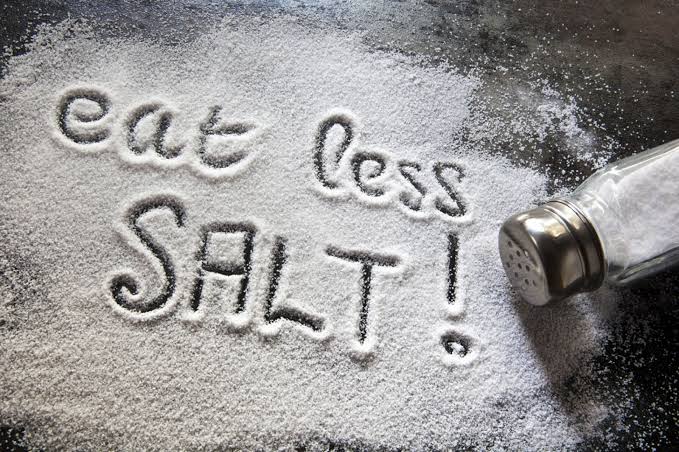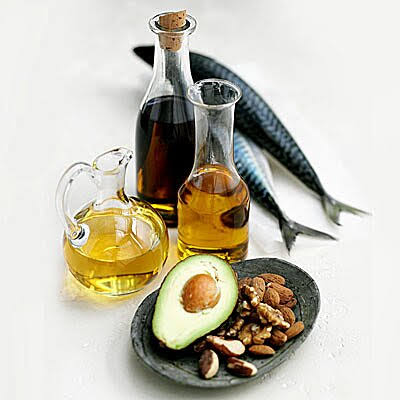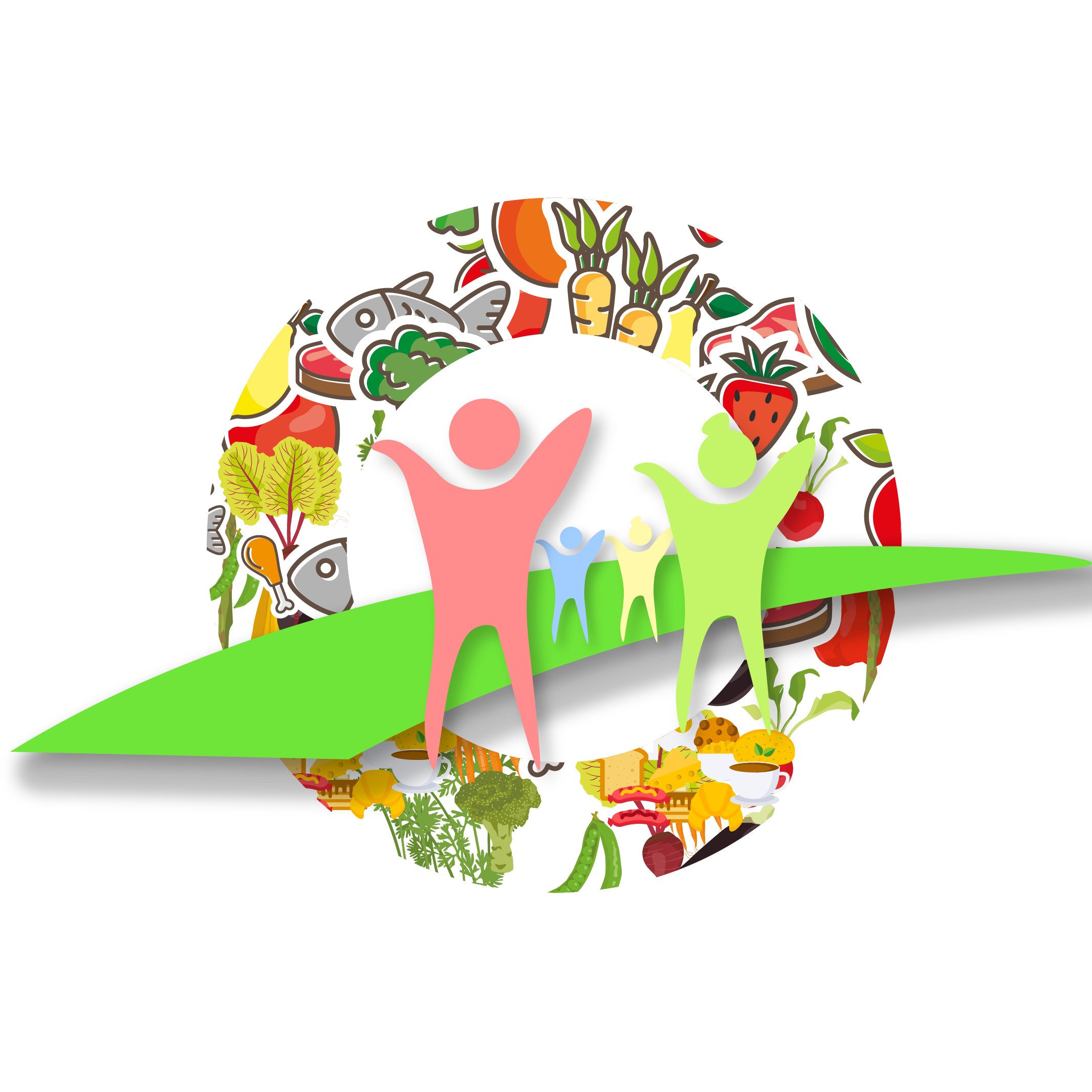
Cut back on salt:
Consuming too much salt can raise blood pressure and increases the risk for hypertension, heart diseases, and stroke. Foods, fruits, and vegetables contain sodium naturally. Use salt sparingly when cooking. Reduce the use of salty condiments when cooking. Don’t add salt to cooked foods on the table. Always check the labels on food packages and choose minimally processed products with low salt or sodium content.

Don’t cut fats and oil; you need them:
Not all fats are unhealthy; however, there is a need for the type and amounts of fats to consume. In fact, your body can’t make enough beneficial fat, such as Omega-3 fatty acids; you have to eat them from food sources. Nevertheless, it is important to reduce saturated fats and eliminate Trans fats from your diet. Trans fat has been implicated in increasing the risk of obesity, heart diseases, stroke, abnormal lipid profile, and metabolic syndrome. For healthier options, increase foods that contain unsaturated fats; these are beneficial and heart-friendly. Choose healthier fats and oils such as fatty fish, poultry, olive oil, sunflower oils, nuts, seeds, etc.

Adopt the following tips too;
- Choose white meat, go for lean cuts and trim off visible fats
- Reduce the consumption of processed and cured meats
- Try grilling instead of frying, and when you fry, use healthier oils.
- Always check food labels to avoid foods high in trans-fat. Choose healthier foods, toppings, and portions when eating out.

Stay hydrated; your body is 60-70% water:
Drinking water helps maintain body temperature, aids digestion, helps with weight loss, increases metabolism, flushes toxins out of the body, and keeps the skin supple. It promotes renal function and cardiovascular health. Also, it supports physical performance and daily activities. Keep a bottle of water with you.
POPOOLA KABIRAT KEHINDE (M.Sc. RDN)


